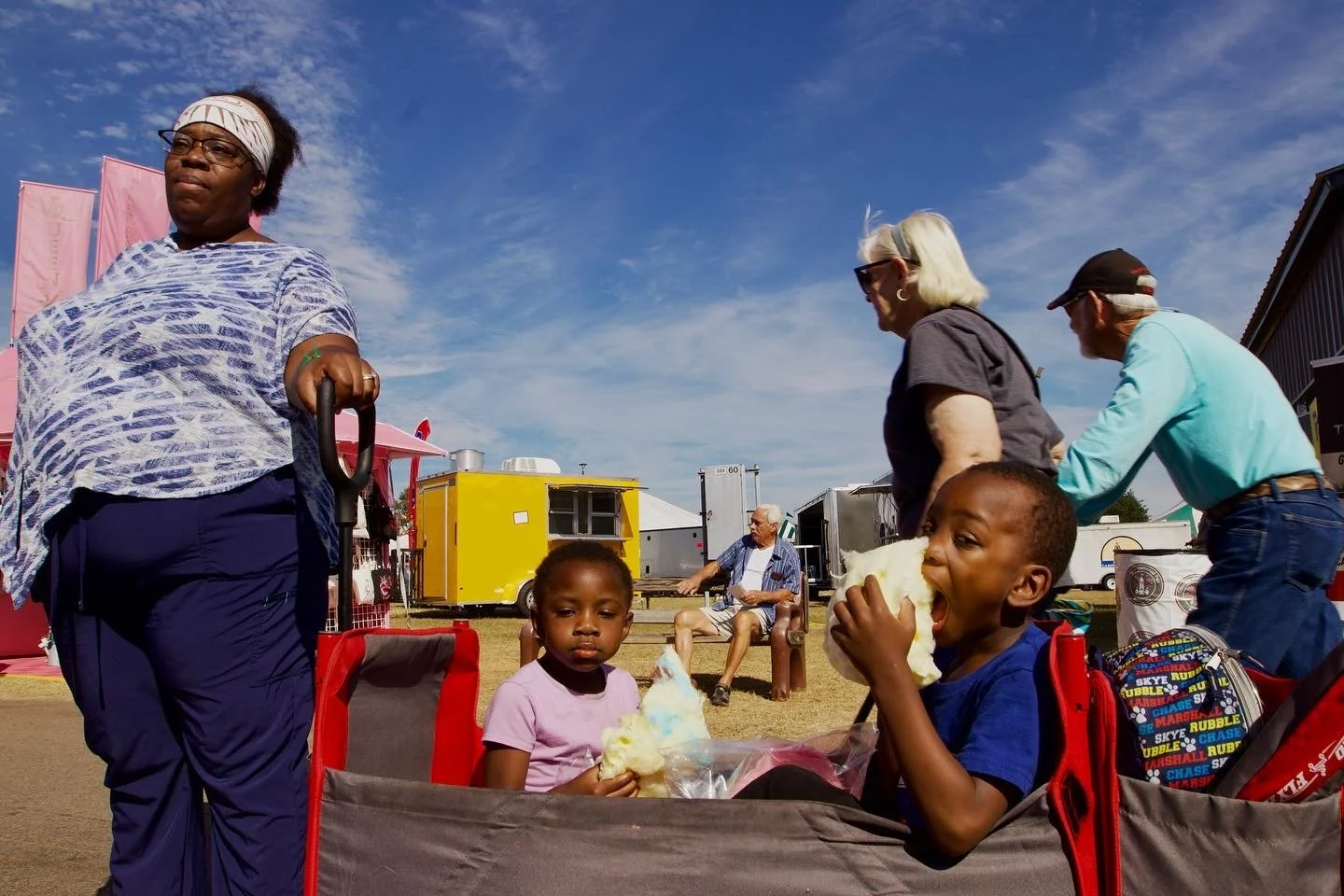Good Company is Not Hard to Find
photo by sophie mcleod
Good Company is Not Hard to Find
second-year Ostara Maharaj
The skin on Charlie’s palms was thick. His valiant attempts at crossing the monkey bars three times in a row had left his hands three times as rough. Five (and three quarters), he hated the feeling of a wood-chip stuck in his shoe, but loved the blow of the wind fanning his hair as he surfed down the swirly plastic hills on the playground. Charlie felt sorry for the kids who didn’t have anyone to play with, for ever since the beginning of the school year, Charlie trekked up each staircase and flew down each mountain with Leo.
Leo had scabs on his knees, a runny nose, and sometimes forgot to raise his hand in class before asking a question. The first recess of kindergarten, Leo challenged Charlie to a race across the playground. After tripping on a jump rope and watching Charlie dash the rest of the way, Leo, with one hand on his knee, called out:
“Let’s be best friends!”
One particular Tuesday, after Charlie had stuffed his backpack into his cubby hole and taken his seat, he noticed a certain tranquility in the classroom. There were fewer sniffles, and the teacher didn’t once have to remind the class that “we raise our hands before speaking.” Leo’s chair was untenanted. Where was he? Did something bad happen to him? Would he ever come back?
For the first time in his elementary career, recess felt like the longest twenty-five minutes of the day for Charlie. He found himself wandering around the jungle gym, an observer of the fun around him, but not a part of it. He had never ridden the slide without Leo following close behind. On his third lap around the park, he noticed a familiar and vexatious feeling under his left foot: a wood chip, lodged between two toes. Could the bell ring any sooner?
On Wednesday, Charlie had settled on a swing to avoid another wood chip catastrophe. That is, until two girls came up to him asking if they could have a turn since he “was barely using it.” It occurred to Charlie that he was now a kid who had no one to play with. He was one of the ones.
On Thursday, Charlie wore a different pair of shoes to recess. On lap two around the playground, he noticed that no one was waiting in line for the dinosaur slide. As he hesitantly hiked up the stairs, the gaping mouth of the monster peered back at him. Once up top, he took in the sight of the slope below him before embarking on his descent.
When the bell rang, Charlie realized he had been playing by himself for twenty-five whole minutes.
After story time, Charlie asked his teacher if Leo would ever come back. The teacher laughed (though he didn’t know why) saying that Leo would be back the very next day. Later, as his mom buckled him into his carseat, Charlie sneezed a few too many times and it felt like he had a very heavy hat on his head.
On Friday, Charlie stayed home from school.
His room- a fortress for nose-blowing and temperature-checking- was much quieter than the playground. It was clear that Mr. Stuffins, who was missing one eye, was not a conversationalist and that Mom and Dad were off doing whatever grown-ups do. Yet the silence felt quite comfortable. Charlie knew that he would be alone all day long; but for some reason, this fact didn’t make him feel sad. Between one nap and the next, Charlie had a thought: Perhaps being alone and being lonely aren’t the same. Maybe Leo would have to learn that too.

